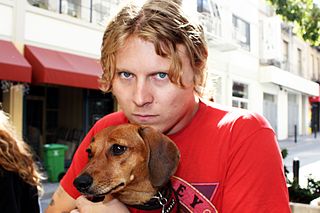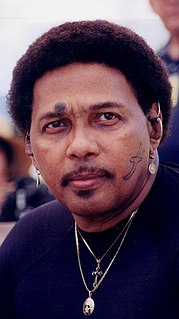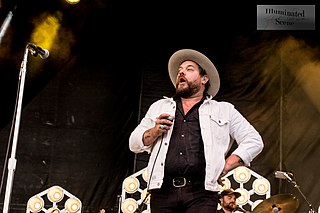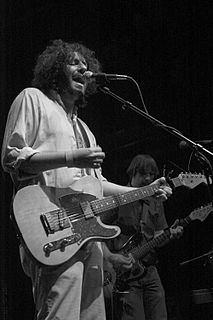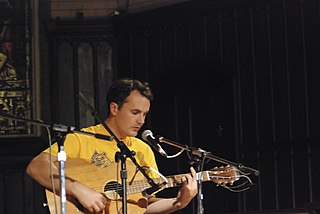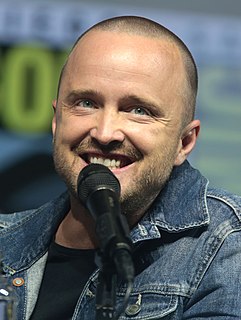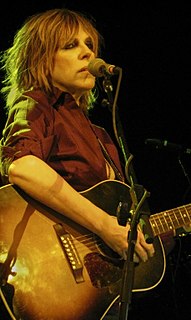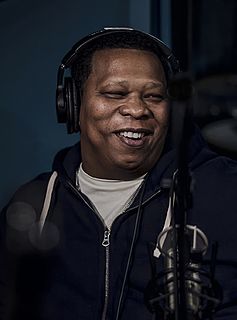A Quote by Ty Segall
What excites me is the idea of doing a record that's pretty clean and focused on songs. I've rushed a lot with previous albums and there's not a rush now - it's not a race.
Related Quotes
I have no idea how I do anything. I never have. You know I just started playing guitar and started singing and started working on this act that I would call "Don McLean" when I was probably in high school. And I have been doing this for 40 years, adding songs and writing things, cobbling together albums, doing live things, you know, albums and tours. And then I have records on the charts. I have no idea how this happened.
Guy Picciotto had a really sound point: Live albums basically have bands playing songs that are available on studio records, and what example can you think of where the live album is better? What are the great live albums? I have live albums of bands, but I wouldn't listen to them for the most part. So we thought, instead of spending energy trying to puzzle out how to create a live record, let's just write another studio record.
That was an idea of the record company, and also that was my first album after MCA and we wanted to come back with a strong album that would be noticed. If we put the vocals by very talented people and very meaningful songs, then the vocals would be a platform so that I could be noticed again. All of the MCA albums were just loaded with problems -- you know, the right musicians, the engineers. The record company would say 'You have to make music for black radio, you can't do what you have been doing with The Crusaders.' Everybody was telling me that was over, finished, done.
I certainly didn't predict people who spent years actively disliking the band to all of a sudden like the band. That's pretty funny to me, and it makes playing live kind of interesting, 'cos we're doing lots of things that don't really have a lot to do with that record, and even presenting the songs off that record in a way that's a little more muscular and without as much of the sheen, which is what I think part of what people really liked [about Kaputt].
A lot of times, that's hard to capture: what you sound like in person versus what you sound like on record. If I had total control, I would do a lot of the old songs - not only my songs but Sam Cooke songs, Luther Vandross, melody songs. That's what I would really do if I had an opportunity to do a record.
